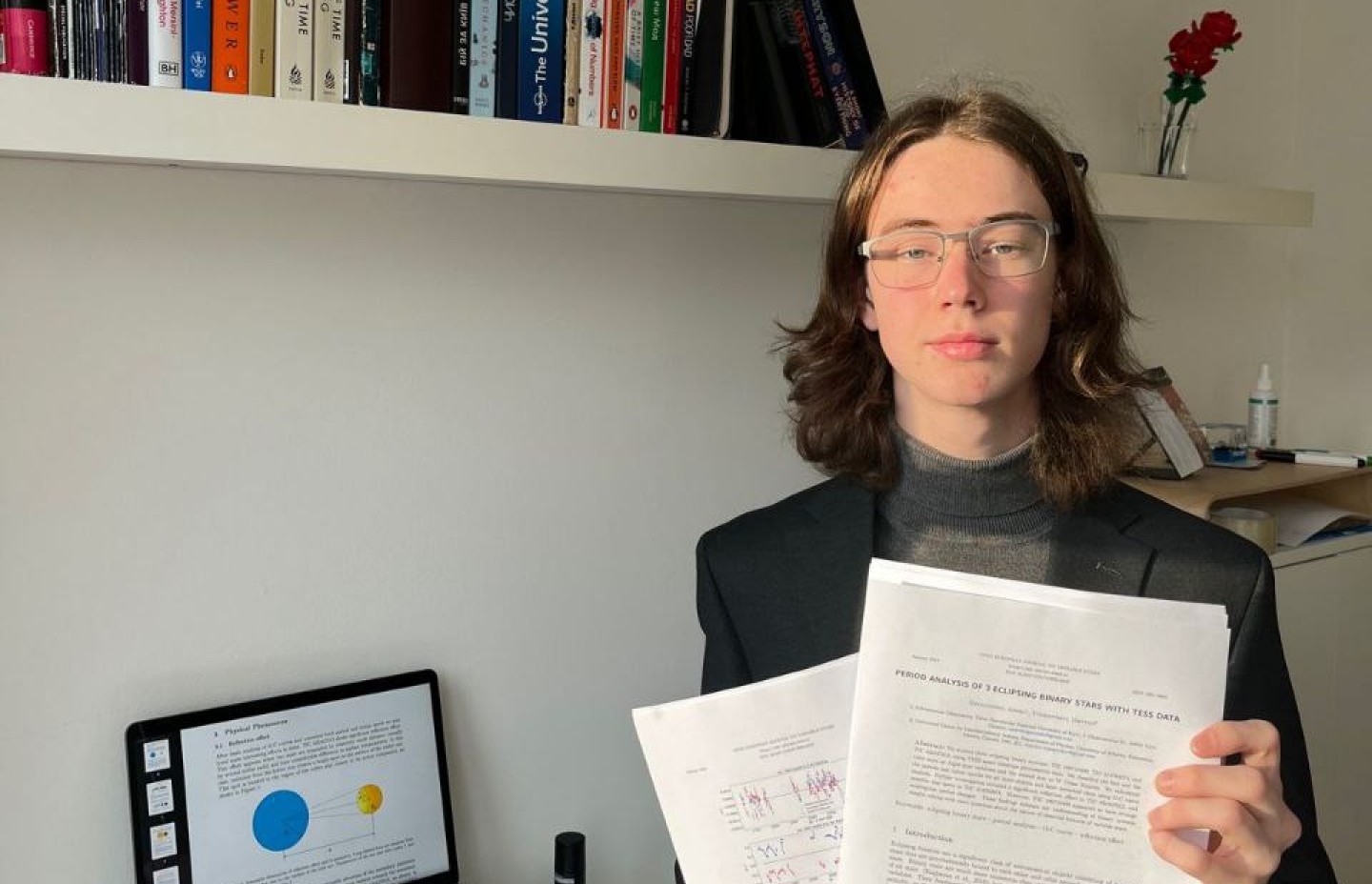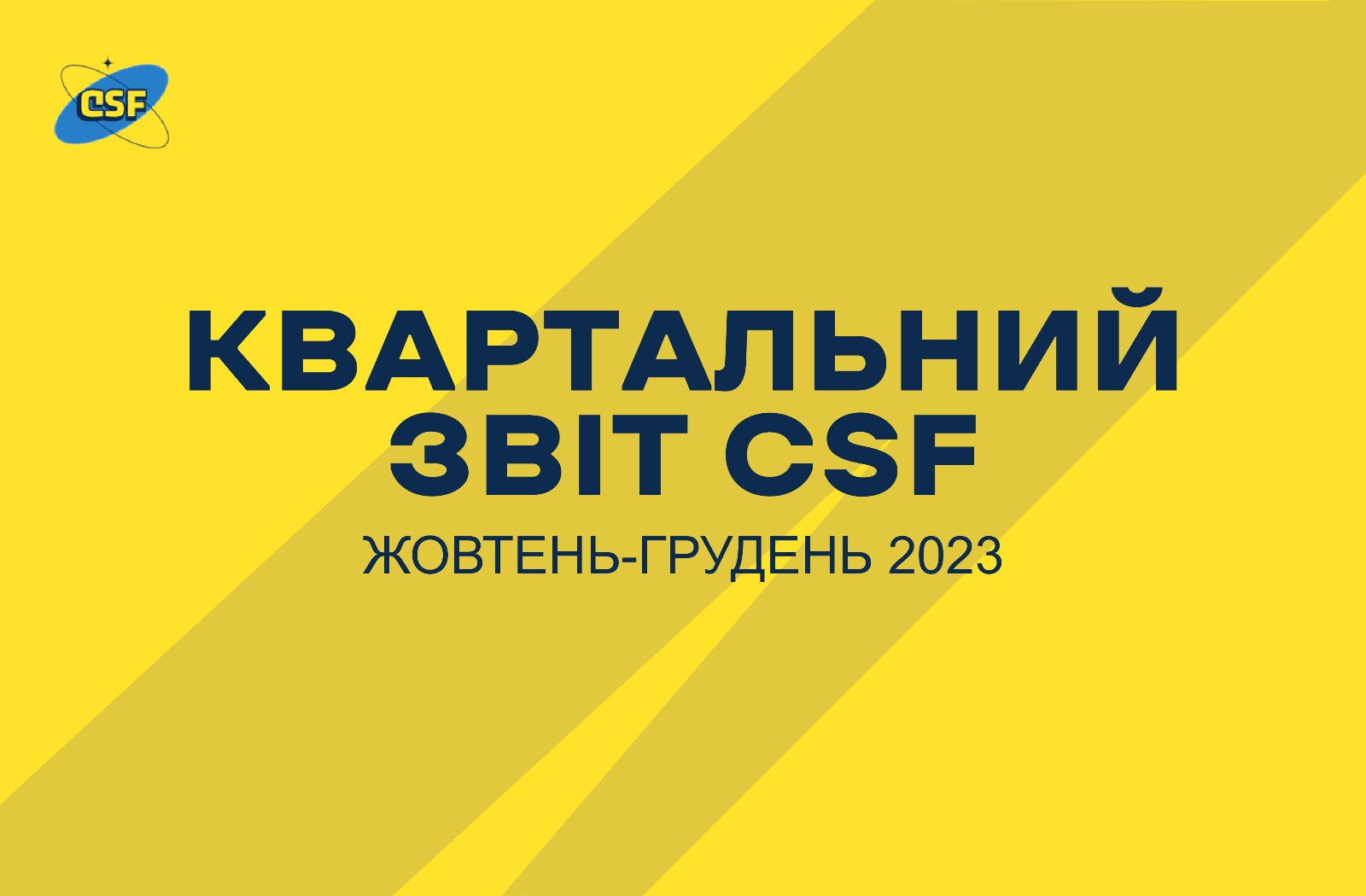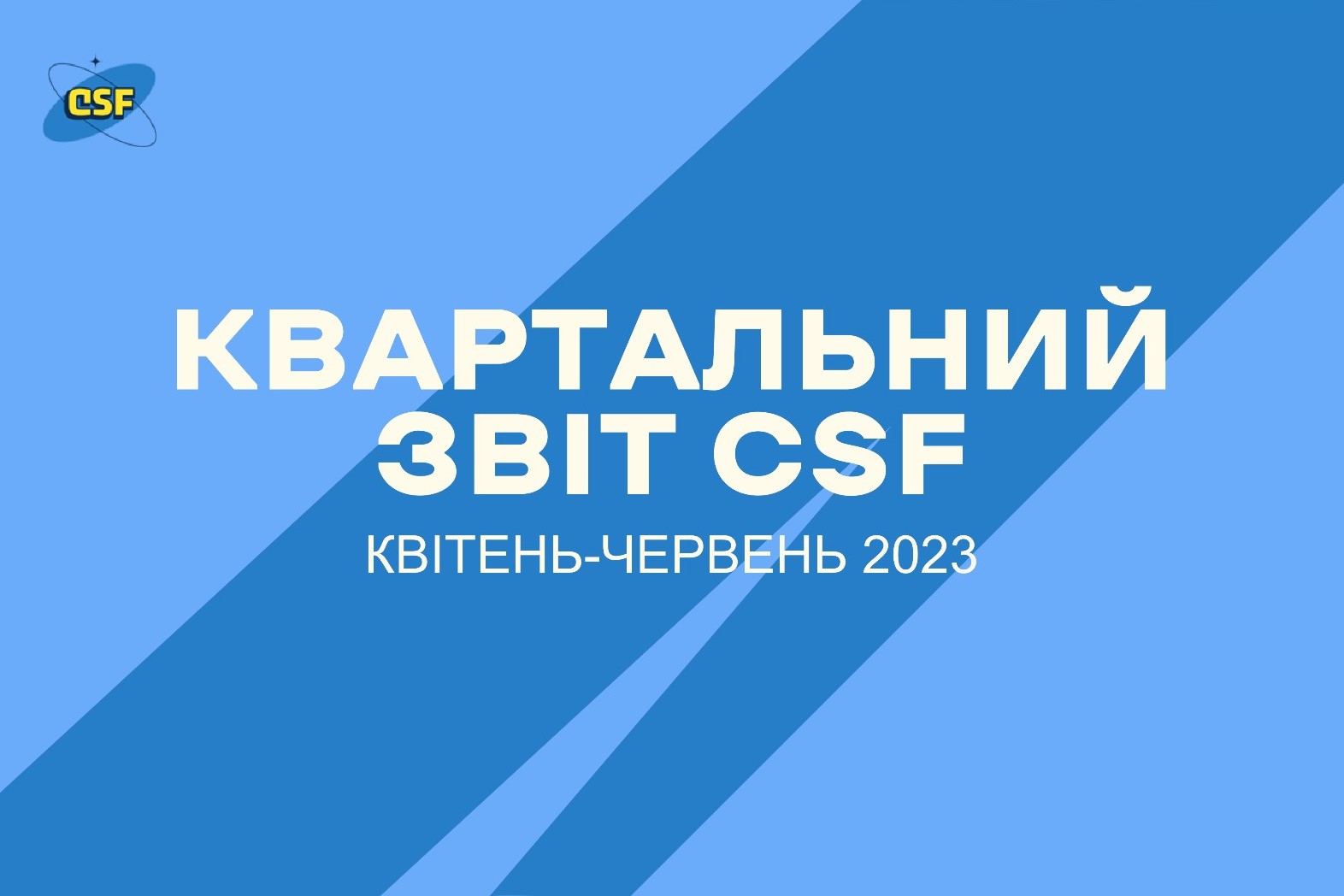 494
494
CSF's quarterly report (October – December 2024)

Team milestones
We finalised the reorganisation and stopped operating in a “firefighting” mode, expanded the staff, and switched to stable team development.
Completed
The most important thing is that over these three months, we managed to bring in some 15 new team members through the vacancies posted on the Ukrainian Volunteer Service (UVS) website. Among them were the future heads of the Educational, Communications, and the Analytical Units, as well as an HR manager. This significant recruitment helped to stabilise most of the team's performance, because we overcame a severe, at times critical, staff shortage. Some of the newly recruited specialists have strengthened the existing areas of work.
This helped us to shift away from the constant “firefighting” mode. The team still had a lot of problems, but we finally had the resources to address them systematically. For the first time in the history of CSF, we had reserves, allowing us to successfully complete several projects and resume work in two key directions.
This rapid growth, however, came with its challenges. In particular, it was a hard task to bring all the newcomers up to speed, help them adapt to the team's approaches and rules, and sometimes teach them the necessary skills. The growth crisis was quite acute throughout the quarter, but we successfully overcame it. Changes to the team structure were discussed for a long time, and in the end, it was decided to switch to a unit structure, adding one intermediate link between the director and the heads of units.
The Wikipedian Unit contributed 2 more Good articles as part of the Moonshot project, bringing the total number of status articles (Good, Featured articles, and Featured lists) to 20.
The Educational Unit published 2 videos in the first 2 weeks after the new head came on board, which matches the pace we set at the start of the lecture course.
The Scientific Unit submitted an article about our Splitter 3.5 program to the Open European Journal on Variable Stars for review.
The Analytical Unit was able to complete a small additional study on social media within a week after the appointment of the new head, which had previously been pending for more than 2 months with little to no result. Then the team moved on to a large-scale study of the current state of Ukrainian astronomy, which would allow us to build a long-term strategy. This project would require more than a year of work by the entire team and significant development of analytical competencies.
Incomplete
However, not everything was as rosy as it might seem.
The Wikipedian Unit bit off more than it could chew. The main idea of the Moonshot was to simultaneously nominate 12 articles for Good status, aiming to break several records. However, we failed to achieve this due to the slow and often unstable work on articles. Moreover, we underestimated the systemic resistance and bureaucratic obstacles within Wikipedia itself. Such reluctance to support our activities and the toxicity of many Wikipedians almost led to the withdrawal of several members from the unit.
After an inspiring start, the Educational Unit slowed down again to the pace of 1 video per 1-1.5 months. As a result of this slowdown, only 18 of the more than 90 participants who signed up for the course, some of whom planned to participate in TESS-UA-2024, remained at the start of the project. A month later, 13 remained, and only four a few months later. Failure to implement the Variable Stars Lectures project within a reasonable timeframe not only led to complications in a related research project, but also resulted in serious reputational losses due to unfulfilled promises.
Conclusions
“No matter how hard you try to solve problems, they keep coming back to haunt you in your work” – this could be our summary of 2024. While there is some truth in this sentence, detailed planning and responsible preparation for each project can prevent some of these problems. And remember, none of them should stop you from reaching your goal. So we don't stop either, we keep moving forward to discoveries!




